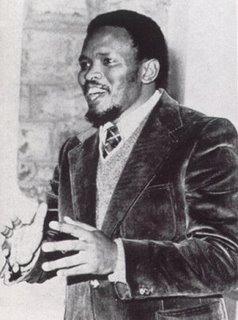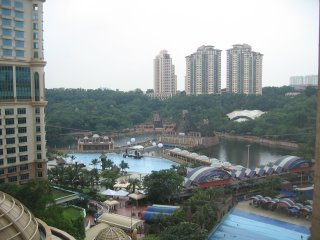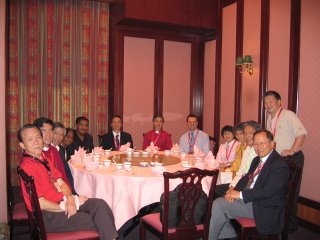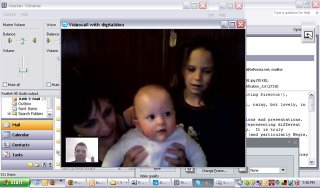Bantu Steve Biko - African Martyr, let us never forget those who paid for our freedom with their lives!
 Wednesday, September 12, 2007 at 5:52PM
Wednesday, September 12, 2007 at 5:52PM  Today commemorates the 30th Anniversary of the death of Steve Biko (18 December 1946 - 12 September 1977) an African martyr (in the true sense of the word!) He witnessed, with his very life, to the kind of freedom that could be possible in South Africa. It is a costly freedom.
Today commemorates the 30th Anniversary of the death of Steve Biko (18 December 1946 - 12 September 1977) an African martyr (in the true sense of the word!) He witnessed, with his very life, to the kind of freedom that could be possible in South Africa. It is a costly freedom.
For those from America, the UK, and Asia who have not heard of Steve Biko, please read the wiki here. Moreover, if you buy just one book this month, please buy his book "I write what I like". It is wild, and courageous, it is inspiring, and challenging. It is still one of the favourite books on my shelf!
Here is one of my favourite quotes from that book, he wrote these words before his untimely death:
... [Western society] seems to be very concerned with perfecting their technological know-how while losing out on their spiritual dimension. We believe that in the long run the special contribution to the world by Africa will be in this field of human relationship. The great powers of the world may have done wonders in giving the world an industrial and military look, but the great gift still has to come from Africa - giving the world a more human face (Biko 1978:46).
Steve Biko is credited with being the 'parent' of Black Consciousness in Southern Africa. Many regard him as the first person to articulately, and accurately, laud the value of blackness, not the kind of blackness that strives to be 'white', but the kind of blackness that celebrates being black, and is proud of it. He was a courageous pioneer.
Today I thank God for the brave prophets who had enough courage to say what needed to be said, and could match their words with their very lives. I am not sure that I have enough courage to do that! When it was not popular, or even encouraged among black South Africans, Steve Biko took a stand, a stand for dignity, for humanity for ubuntu. His struggle was for 'humaneness'.
I have recently begun to feel, in a minuscule, incomparable way, the cost of speaking for justice. As people write, and say, unfounded and cruel things about me because of what I say and stand for. But I say these things because I believe they represent the true humaneness of the Gospel of Jesus Christ. What am I talking about? Well, there are those in our society who are still discriminated against because of something they did not choose. That is, there are those who where born with a sexual orientation that is not under their control, yet they are oppressed, abused, and some are even murdered. How they are was not their choice. How we respond to them says something about our humaneness.
So, 30 years on, and the struggle still continues. But thank God, that we are so much further ahead! Lord, thank you for martyrs like Steve Biko, they are a witness. I am encouraged by their sacrifice. Today, I remember and give thanks.
Thank you Lord for my colleagues, who remind me of the importance of keeping a balance between the genders, and races, within our Church and society. I also thank God for God's great gift to me, the John Wesley College students. I learn so much more from them about community, humaneness, courage and grace, than I could ever teach! Thank you for all you teach me!

















